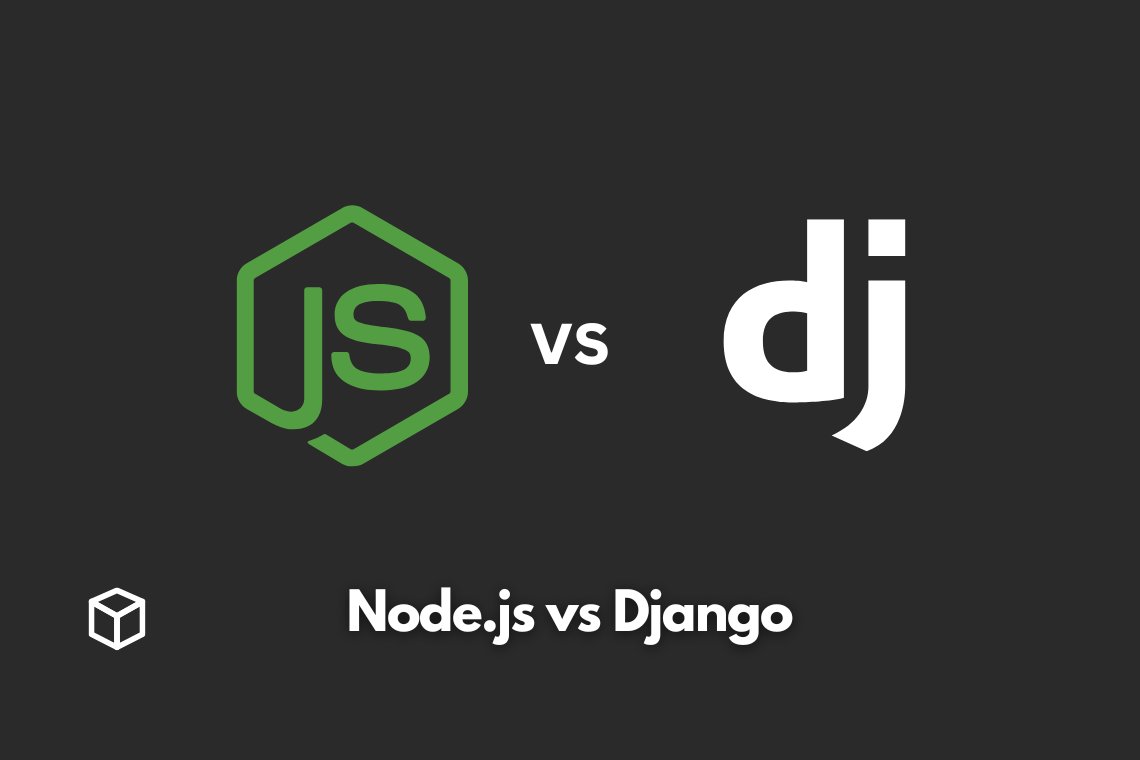Node.js and Django are two popular frameworks that are commonly used in web development.
Both frameworks have their own set of advantages and disadvantages, and choosing the right one for your project can be a challenging task.
In this article, we will take a detailed look at Node.js and Django, comparing them in terms of popularity, usage, and technical capabilities.
We will also discuss the use cases for each framework and offer recommendations for choosing between the two.
Popularity and Usage
Node.js is a JavaScript runtime that allows developers to run JavaScript on the server-side.
It is widely used for building scalable network applications and APIs.
According to the 2020 Stack Overflow Developer Survey, Node.js is the third most popular framework among developers.
Node.js is used by companies such as Netflix, Uber, and PayPal.
Django, on the other hand, is a high-level Python web framework that is used for building web applications.
It is known for its ease of use, scalability, and security.
According to the 2020 Stack Overflow Developer Survey, Django is the fifth most popular framework among developers.
Django is used by companies such as Instagram, Dropbox, and Spotify.
Technical Comparison
Language: Node.js uses JavaScript and Django uses Python. Both languages are widely used and have a large community of developers.
JavaScript is known for its flexibility and ease of use, while Python is known for its readability and simplicity.
Performance: Both Node.js and Django are capable of handling high traffic, but Node.js has an edge when it comes to performance.
Node.js uses a single-threaded event loop that allows it to handle a large number of concurrent connections.
Django, on the other hand, uses a multi-threaded approach, which can lead to performance issues under heavy load.
Scalability: Both Node.js and Django are highly scalable, but Node.js is better suited for building highly scalable and distributed systems.
Node.js uses a non-blocking I/O model, which allows it to handle a large number of concurrent connections.
Django, on the other hand, uses a blocking I/O model, which can lead to performance issues under heavy load.
Community and Support
Both Node.js and Django have a large and active community of developers.
Node.js has a large number of packages and modules available, making it easy to find solutions to common problems.
Django also has a large number of packages and modules available, but it is known for its batteries-included approach, which means that many common features are included in the core framework.
Use Cases
Node.js is best suited for building real-time applications such as chat applications, gaming, and streaming platforms.
It is also a great choice for building scalable and high-performance APIs.
Node.js is not the best choice for building complex web applications with a lot of logic and data processing.
Django is best suited for building complex web applications such as e-commerce platforms, content management systems, and social media sites.
It is also a great choice for building web applications that require a lot of logic and data processing.
Django is not the best choice for building real-time applications and high-performance APIs.
Conclusion
In conclusion, Node.js and Django are both powerful frameworks that have their own set of advantages and disadvantages.
Node.js is best suited for building real-time applications and high-performance APIs, while Django is best suited for building complex web applications.
Choosing the right framework for your project will depend on your specific requirements.
We recommend researching both frameworks and evaluating them based on your project’s needs.




